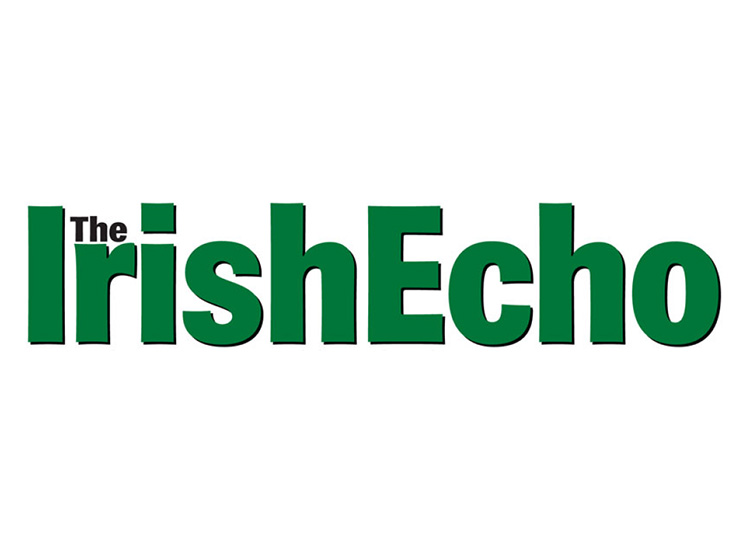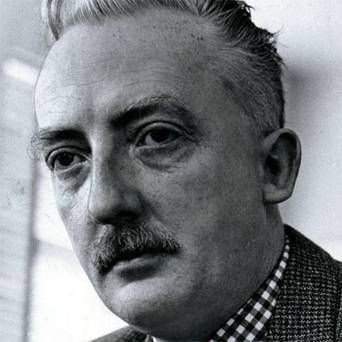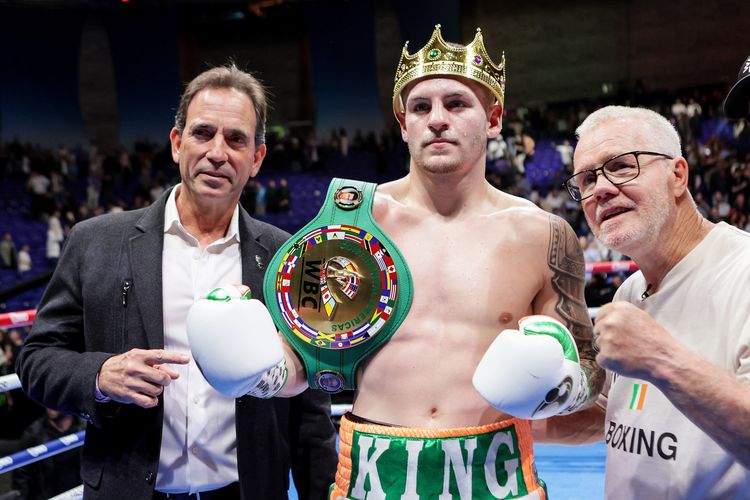"I'm a lawyer, but I'm still a convicted felon, and only a pardon can solve that," O'Hara told the Echo.
O'Hara finally triumphed in a decade long campaign to be returned to the bar last October, this after being convicted of voter fraud. He had his license to practice returned on the basis of a decision from a five member panel of the Supreme Court of the State of New York's appellate division,
O'Hara waged a tenacious battle against his 1999 conviction for voting fraud. He was banned from voting in his native Brooklyn because he voted from his girlfriend's address, and not his own home some distance away, during elections in 1992 and '93.
O'Hara, who ran as a candidate himself, argued that this address, though not his permanent one, was not a false one.
As a result of his voting, O'Hara ended up as a convicted felon. He was sentenced to five years probation, fined $20,000, disbarred from his law practice and sentenced to perform 1,500 hours of community service.
O'Hara believed from the outset that his case had set a precedent, one that potentially allowed for frivolous or vindictive prosecution of other citizens, specifically for voting while not pledging to one address for a specific period of time.
Prior to being given back his law license, O'Hara paid his fine, completed his community serve and was again allowed to vote.
All he needs to square the circle is the pardon from Governor David Paterson.
"Governor Paterson has only issued one pardon, to rapper Slick Rick who pleaded guilty to shooting two people and served six years. All I did was vote," said O'Hara.
"And (Governor) Pataki in 12 years pardoned one dead comedian, Lenny Bruce. Is Paterson trying to follow the Pataki tradition of doing nothing?"
O'Hara pointed out that other governors have granted dozens, indeed hundreds, of pardons. He cited Governor Pat Quinn of Illinois with 133 and governor Ted Strickland of Ohio with 39.
"During Rod Blagoevich's ten years as governor of Illinois he granted 115 pardons, and an additional 22 after his arrest. He's my hero," O'Hara said.
"My pardon request was filed with Governor Paterson on November 2, within 30 days of the appellate division decision to reinstate me to practice law. There is a public policy point that a pardon eliminates, the precedent from New York's high court in People v O'Hara. What was the public policy issue behind pardoning Slick Rick?"
A pardon, he said, was one of the few acts that can be undertaken by a governor without legislative approval.









